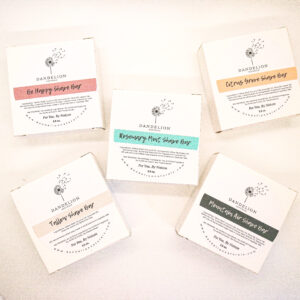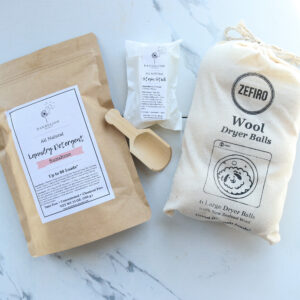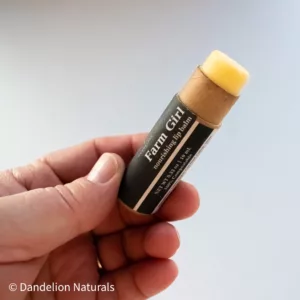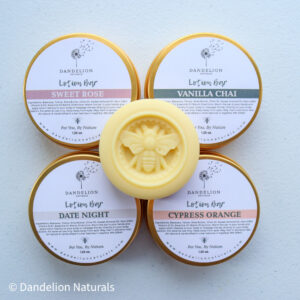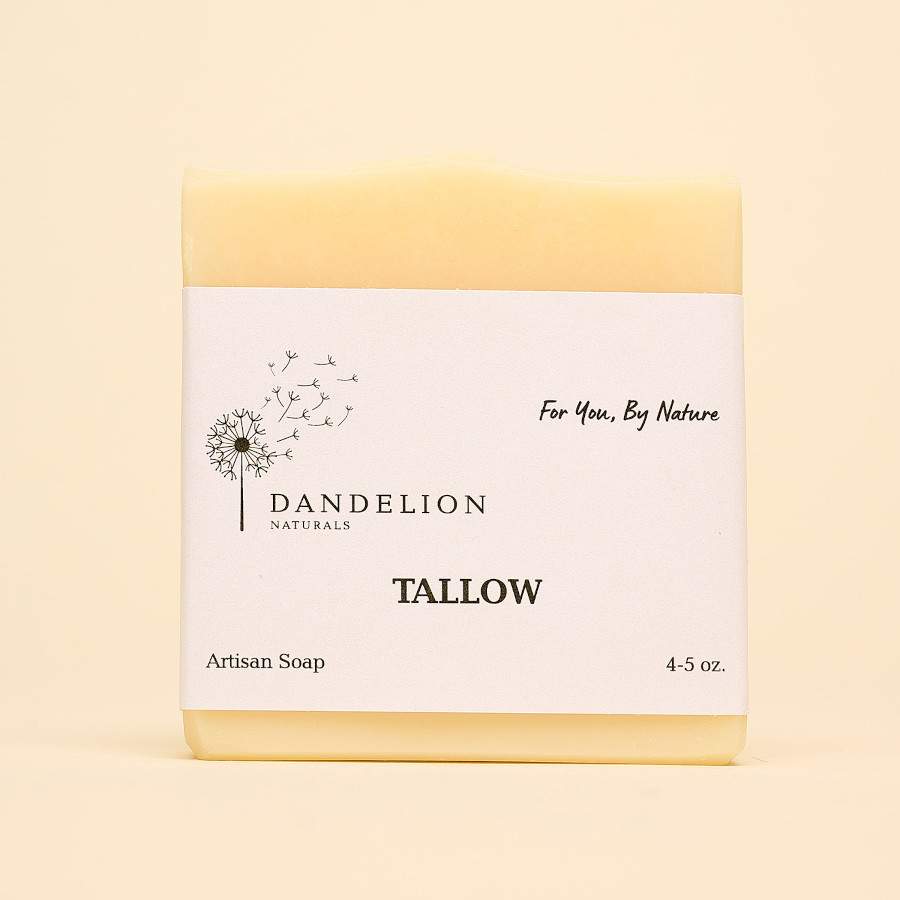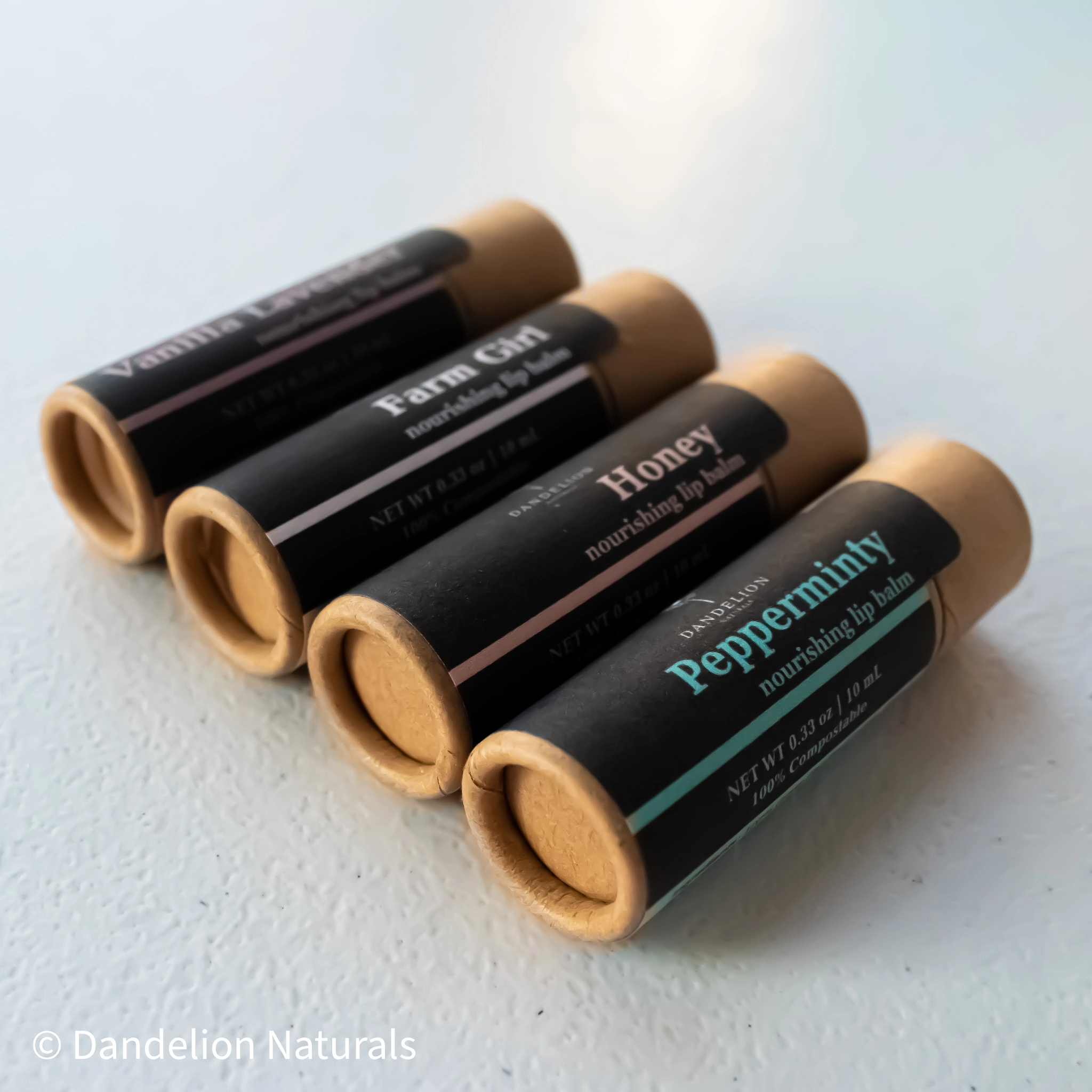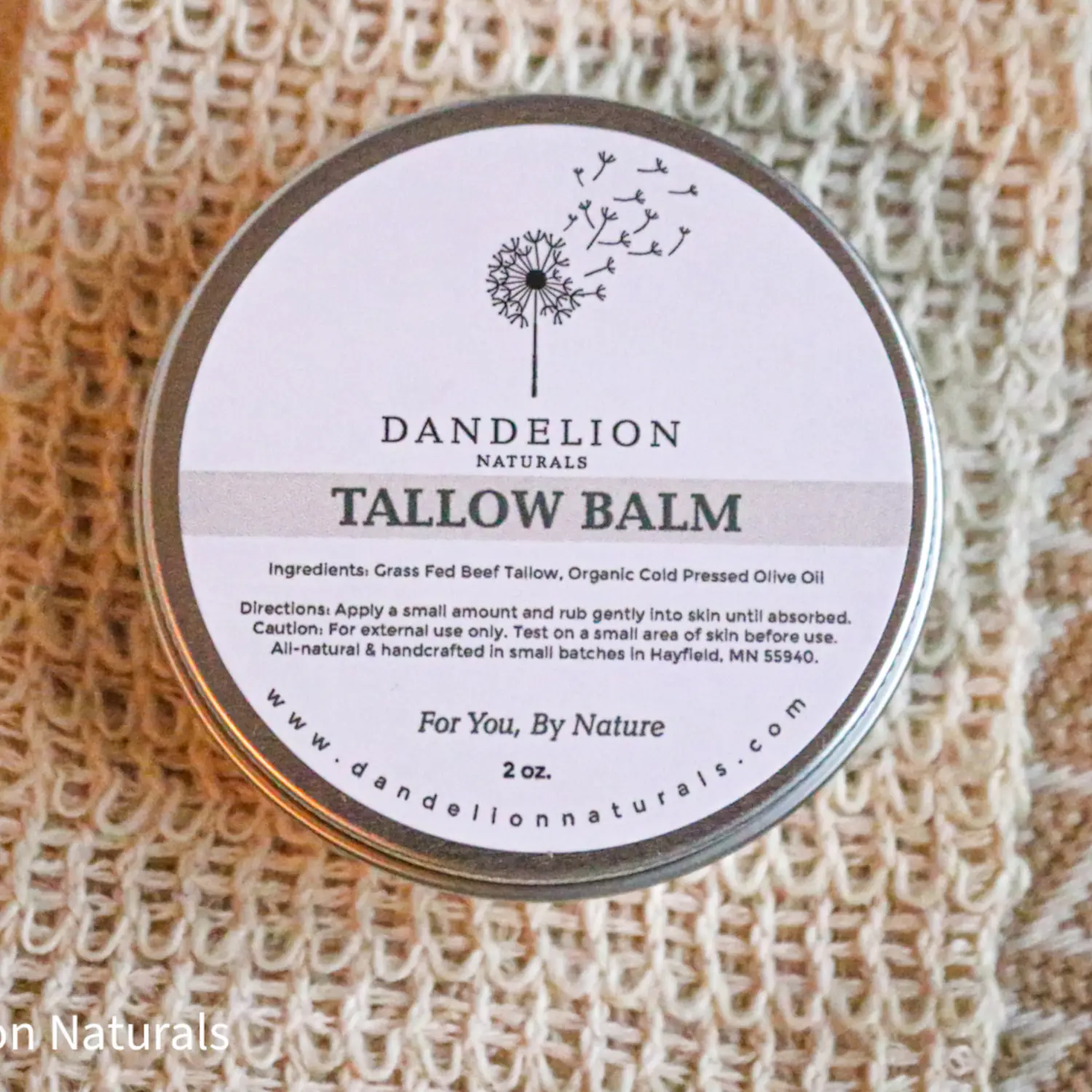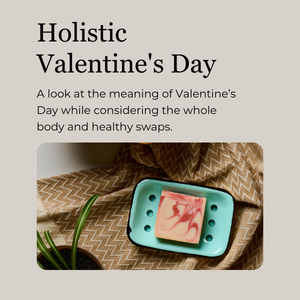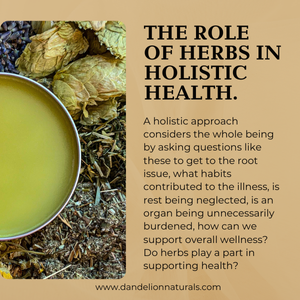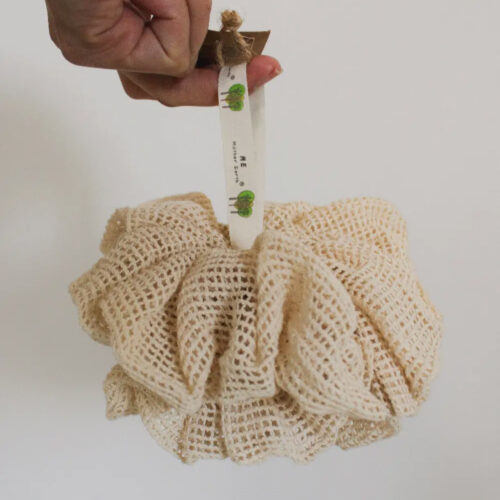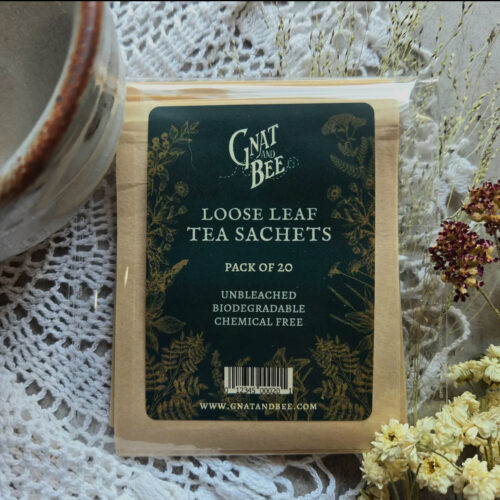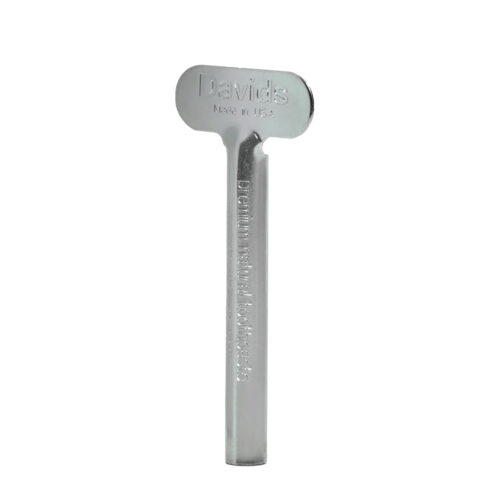“I’ve always used scented personal care products.” “My soap is scented, my deodorant is scented, and I’m fine.” Have you heard statements like that when a non-toxic switch has been mentioned? I know I have. But if I were to ask that person what some of their health struggles are, there would most likely be a link to one or more of their health struggles.
Artificial fragrances are detected by the olfactory senses and thus can impact mood but they also affect more than just mood. And in negative ways. They are: Endocrine disruptors, which mimic human hormones, are of particular concern to many researchers and advocates, as they can have effects in the tiniest doses. (1) But more so the scents don’t just stay in your nose. Synthetic musks, some of which are prohibited by the IFRA (International Fragrance Association), have been found in human tissue and breast milk. (2) Since these artificial fragrances can be found in human tissue, let’s look at what they are made of!
Artificial fragrances are made of:
About 4,000 chemicals are currently used to scent products, but you won’t find any of them listed on a label. (3) And a single scent may contain anywhere from 50 to 300 distinct chemicals. (4) Scary huh? But there’s more: Artificial fragrances contain numerous synthetic chemicals which are derived from petroleum. This means that these products can include gasoline, diesel fuel, asphalt, heating oil, jet fuel, waxes, lubricating oils, and petrochemical feedstocks. (5) But there’s more: synthetic fragrance chemicals include: benzene derivatives, aldehydes, phthalates, and a slew of other known toxins that are capable of causing cancer, birth defects, nervous-system disorders, and allergies–some of which are cited on the EPA’s hazardous waste list. (6) I am not interested in putting any of this on my body let alone risking that it may certainly be absorbed into my body. But synthetic fragrances are commonly found in skincare products, deodorants, hair care products, candles, and more! We are exposed to these weekly if not daily by being around people wearing them, possibly washing our clothes in them, and by walking around a store selling products containing synthetic fragrances.
If artificial fragrances are so bad why aren’t they causing problems?
They are! But because they are so common, they often aren’t considered to be a part of the toxic burden each individual deals with.
Here are ten ways artificial scents affect people: The NCBI found that the health effects caused by artificial fragrances could be categorized as follows: (a) Migraine headaches; (b) Asthma attacks; (c) Neurological problems (e.g., dizziness, seizures, head pain, fainting, loss of coordination); (d) Respiratory problems (e.g., difficulty breathing, coughing, shortness of breath); (e) Skin problems (e.g., rashes, hives, red skin, tingling skin, dermatitis); (f) Cognitive problems (e.g., difficulties thinking, concentrating, or remembering); (g) Mucosal symptoms (e.g., watery or red eyes, nasal congestion, sneezing); (h) Immune system problems (e.g., swollen lymph glands, fever, fatigue); (i) Gastrointestinal problems (e.g., nausea, bloating, cramping, diarrhea); (j) Cardiovascular problems (e.g., fast or irregular heartbeat, jitteriness, chest discomfort); (k) Musculoskeletal problems (e.g., muscle or joint pain, cramps, weakness); (j) Other. (7) And the EWG found that more than 75 percent of products listing the ingredient “fragrance” contain phthalates which have been shown to disrupt hormone activity, reduce sperm counts, cause reproductive malformation, and have been linked to liver and breast cancer, diabetes, and obesity. Additionally, studies by Dr. Philip J. Landrigan of the Mount Sinai Children’s Environmental Health Center, link fetal exposure with autism, ADHD, and neurological disorders. (8)
The negative effects caused by artificial fragrances are compounded in the winter when air quality indoors is worse. It may seem impossible to get away from artificial fragrances due to even unscented products containing chemicals that are designed to mask their natural fragrance which is reasonable, especially considering a survey found that: “In America, 98.3 % are exposed to fragranced products at least once a week, from their own use.” (9) You may be wondering, can I just open my house up and get better air quality? Yes, that is a great solution but consideration must be taken so that you are aware that your indoor air quality can contaminate the outdoor air quality once, outdoors, and once outside pollutants can impact the protection that the ozone layer provides.
What should I check to see if it contains an artificial fragrance?
Here is a list of 6 specific categories: (a) Air fresheners and deodorizers (e.g., sprays, solids, oils, disks); (b) Personal care products (e.g., soaps, hand sanitizer, lotions, deodorant, sunscreen, shampoos); (c) Cleaning supplies (e.g., all-purpose cleaners, disinfectants, and dishwashing soap); (d) Laundry products (e.g., detergents, fabric softeners, dryer sheets); (e) Household products (e.g., scented candles, toilet paper, trash bags, baby products); (f) Fragrance (e.g., perfume, cologne, after-shave); and (g) Other. (10) It is a lot I know! Every product doesn’t need to be swapped out immediately but as soon as you use up what you already have, consider replacing it with a non-toxic alternative.
To keep you and others healthy, consider implementing the 80/20 rule, which is: 80% of what you chose to put in and on your body should be non-toxic and your body should be able to deal with the 20% of toxins that your body is exposed to. Due to the wide range of products that contain artificial fragrances, it can lead to less hand washing with soap due to the fact that it may contain a fragrance or an antibiotic. The 80/20 rule can help you keep you and your family safe while not sweating the little stuff you can’t control anyways.
If you would like to know more about why antibiotics should be avoided unless actually necessary then check out this blog post:https://dandelionnaturals.com/are-there-alternatives-to-neosporin/
Since artificial fragrances have negative health effects why are they still being used?
The same reason that many modern medical practices and drugs are being used; there is a lot of money to be made by those creating and selling them, as in billions of dollars. And scents (natural or synthetic) can affect the mood of those who are smelling them thus it can be hard to make the switch to entirely unscented.
Some solutions:
You can purchase premade cleaners or make your own.
Open your windows when the air quality outside is good (not smokey from wildfires).
Use essential oils to deodorize, scent, kill mold, clean, and more!
Purchase unscented household products (e.g toilet paper, trash bags) or make your own reusable toilet paper.
Purchase soaps, lotions, and deodorants that are unscented or scented with pure essential oils.
Make your own fragrance with diluted essential oils.
Purchase nontoxic candles that are scented with essential oils or just beeswax candles that can smell heavenly without any added scent.
Six non-toxic swaps that Dandelion Naturals has available:
Hand and body bar soap with a variety of naturally scented and unscented options. Our soaps are made with 100% natural ingredients which are also nourishing to the user. We only use essential oils to scent our products and they are all plastic-free.
- Shave bars. Our shave bars do not contain water and are 100% natural.
2. Solid Dish soap bar is effective and easy to use. We have a bundle available to make it even easier for you to make the non-toxic switch. It includes: Bamboo Soap Dish – which measures 3.7 x 3.7 inches, Bamboo and Palm Fibre Scrubber, Bamboo and Sisal Pot Brush, Bamboo Bottle Brush, and Dandelion Naturals Dish Soap Bar.
3. A laundry bundle is also available on our website which includes: 25 oz. bag of powdered laundry soap – 5 options to choose from (Unscented, French Lavender, Eucalyptus, Sunshine, or Clean Hippie). Up to 80 loads! Please tell us in the notes at checkout which option you would like. All Natural Stain Stick – 3.15 oz., Laundry Scoop – 1 Tablespoon measurement, 6 Wool Dryer Balls – good for up to 1000 loads! The dryer balls are the perfect swap for dryer sheets due to their ability to reduce static and an essential oil may be placed on them to scent the laundry.
And if you would like to know more about why our laundry detergent is effective and non-toxic check out this blog post: https://dandelionnaturals.com/alternatives-to-conventional-laundry-products/
4. Lip Balm that is effective and lasting, with 7 flavors available. You can find our lip balm at:
5. Lotion Bars that are convenient and easy to use. We have 4 scents available. Find them here:
6. Also if you are looking for a non-toxic swap for neosporin that doesn’t contain petroleum. Then check out our all purpose salve at: 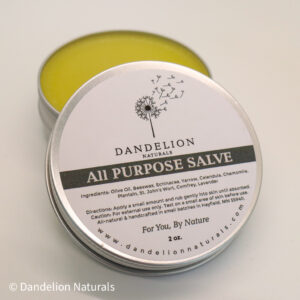
If you would like to know more about why it is effective read this blog post: https://dandelionnaturals.com/are-there-alternatives-to-neosporin/
Two DIY ideas that may help you make the non-toxic switch without affecting your budget.
Citrus infused vinegar:
Quart size glass jar
8-12 clean citrus peels depending on the size of the peels: lemon, lime, grapefruit, and/or orange peels (enough to fill the jar)
1 cinnamon stick (optional)
10 whole cloves (optional)
2 cups (or more) white vinegar enough to cover the peels/spices and fill the jar
Add the citrus peels and spices to a quart-size glass storage container. There should be enough peels to fill the jar. Pour the vinegar over the peels and spices. The vinegar needs to rest for 2 weeks. Gently shake the container every few days to stir the ingredients. I’ve found that vinegar will slightly rust metal lids, so a plastic lid is recommended.
After 2 weeks, strain the citrus and spices from the liquid. Pour the infused vinegar into a clean storage container and store at room temperature.
To make an all-purpose cleaner, use the vinegar at full strength or add 1 cup of water and 1 cup of orange peel vinegar to a 16-ounce glass spray bottle and shake the bottle to combine the ingredients. Use on countertops, the sink, cutting boards, the tub, a shower, the garbage can, or inside the fridge. Always wipe the surface with a clean, damp cloth. Essential oils could even be added to your final cleaning solution but be sure to only use around 10 drops of essential oil. Caution: Be aware of what you are spraying vinegar on due to its acidity.
Essential oil personal fragrance:
Choose an essential oil(s), a carrier oil, and a roller bottle.
You can use the carrier oil of your choice. Here are some ideas:
Fractionated coconut oil – coconut oil is broken down to remain liquid and last longer (use this if you are looking for antimicrobial properties).
Sweet almond oil (use this is you are wanted an already sweet scented oil).
Jojoba oil (use this if you are looking for an oil that is very similar to your skin’s natural sebum).
How to Fill a Roller Bottle:
Add 10-15 drops of essential oils to 1 x 10ml roller bottle.
Fill the rest of the bottle with your chosen carrier oil.
Add the roller ball top.
Shake well to mix.
Label.
How to Use:
Roller bottles can be rolled onto most parts of the body. Make sure to keep them away from your eyes and don’t put them inside your ears. My favorite places to roll oils on are the bottoms of feet, back of neck, behind the ears, on the wrists, temples, chest, spine, and the belly. To be really effective, apply less oil, more often.
Keep in mind that you may be sensitive to certain essential oils and that if a child will be using an essential oil they should have their bottle diluted more than an adult.
Resources:
https://amp.theguardian.com/us-news/2019/may/23/fragrance-perfume-personal-cleaning-products-health-issues (1), (2), (3), (4) https://glowingorchid.com/blogs/news/the-dangers-of-artificial-fragrances-why-we-only-use-natural-scents (5)
https://www.huffpost.com/entry/five-mustknows-on-the-dan_b_4737654/amp (6), (8) https://www.ncbi.nlm.nih.gov/pmc/articles/PMC5093181/ (7) (9) (10)

